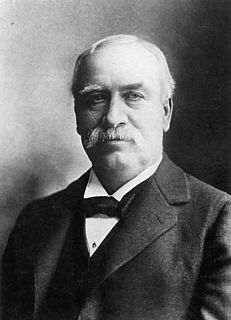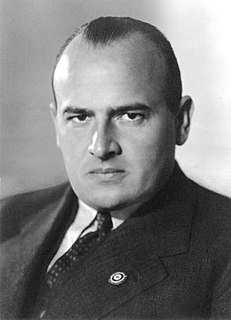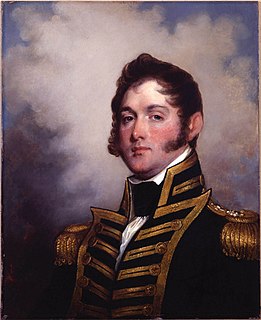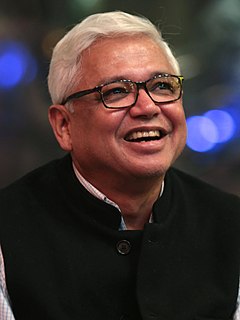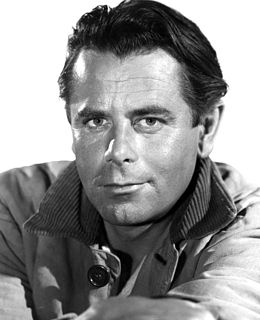A Quote by Henry Villard
Without any formal orders to retreat, what was left of the several organizations yielded to a general impulse to abandon the field. Officers and men became controlled by the one thought of getting as far as possible from the enemy.
Related Quotes
If any refuse to obey the common laws and orders of the ship concerning their common peace or preservation; if any shall mutiny or rise up against their commanders and officers; if any should preach or write that there should be no commanders or officers because all are equal in Christ, therefore no master or officers, no laws nor orders, nor corrections nor punishments - I say I never denied that in such cases, the commander may judge, resist, compel, and punish such transgressors according to their deserts and merits.
Life is like invading Russia. A blitz start, massed shakos, plumes dancing like a flustered henhouse; a period of svelte progress recorded in ebullient despatches as the enemy falls back; then the beginning of a long, morale-sapping trudge with rations getting shorter and the first snowflakes upon your face. The enemy burns Moscow and you yield to General January, whose fingernails are very icicles. Bitter retreat. Harrying Cossacks. Eventually you fall beneath a boy-gunner's grapeshot while crossing some Polish river not even marked on your general's map.
What would it be like if I had something to defend - a home, a country, a family - and I found myself attacked by these ghostly men, these trusting boys? How do you fight an enemy who fights with neither enmity nor anger but in submission to orders from superiors, without protest and without conscience?
In [Aristotle's] formal logic, thought is organized in a manner very different from that of the Platonic dialogue. In this formal logic, thought is indifferent toward its objects. Whether they are mental or physical, whether they pertain to society or to nature, they become subject to the same general laws of organization, calculation, and conclusion - but they do so as fungible signs or symbols, in abstraction from their particular "substance." This general quality (quantitative quality) is the precondition of law and order - in logic as well as in society - the price of universal control.
